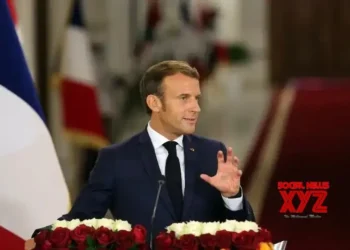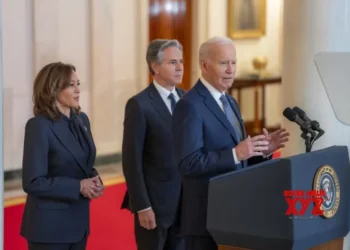EU tightens Covid-19 vaccine export rules
The European Commission presented a revised version of its export transparency mechanism for Covid-19 vaccines, with Executive Vice President Valdis Dombrovskis claiming that it does not constitute an export ban.
The mechanism takes aim at vaccines produced in European Union (EU)-based facilities of pharmaceutical companies that are bound by an advance purchase agreement (APA) with the EU. The new version includes two new criteria — reciprocity and proportionality — for assessing whether these vaccines can be exported to non-EU countries, according to Dombrovskis, Xinhua news agency reported on Wednesday.
The principle of reciprocity will be applied to non-EU countries having at their disposal a large production capacity. The European Commission and the EU member states will examine if the flow of imports and exports of vaccine and vaccine substances between the bloc and destination country is even.
Proportionality is about finding the right balance, the commissioner explained. The European Commission and the member states will take into account the specific situation of the country of destination, including its vaccination rate and the existing availability of Covid-19 vaccines.
Vaccine exports towards low- and middle-income countries covered by the COVAX (Covid-19 Vaccines Global Access) facility remain exempted.
Put in place on January 30, the export and transparency mechanism was launched when the EU argued that some pharmaceutical companies failed to honor their commitments to deliver the promised amount of doses to the EU countries but still could export vaccines from their EU-based facilities.
Originally due to expire on March 12, the mechanism has been extended until June 30.
A total of 381 export requests have been introduced by pharmaceutical companies bound by an APA with the EU, and only one has been declined.
AstraZeneca, a British-Swedish vaccine manufacturer, had applied to export 250,000 doses of its Covid-19 vaccine to Australia, while falling behind its delivery schedule for the EU.
“I remind you that AstraZeneca has only delivered a small portion of its agreed contractual commitments,” Dombrovskis said.























